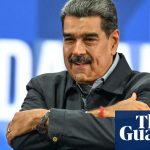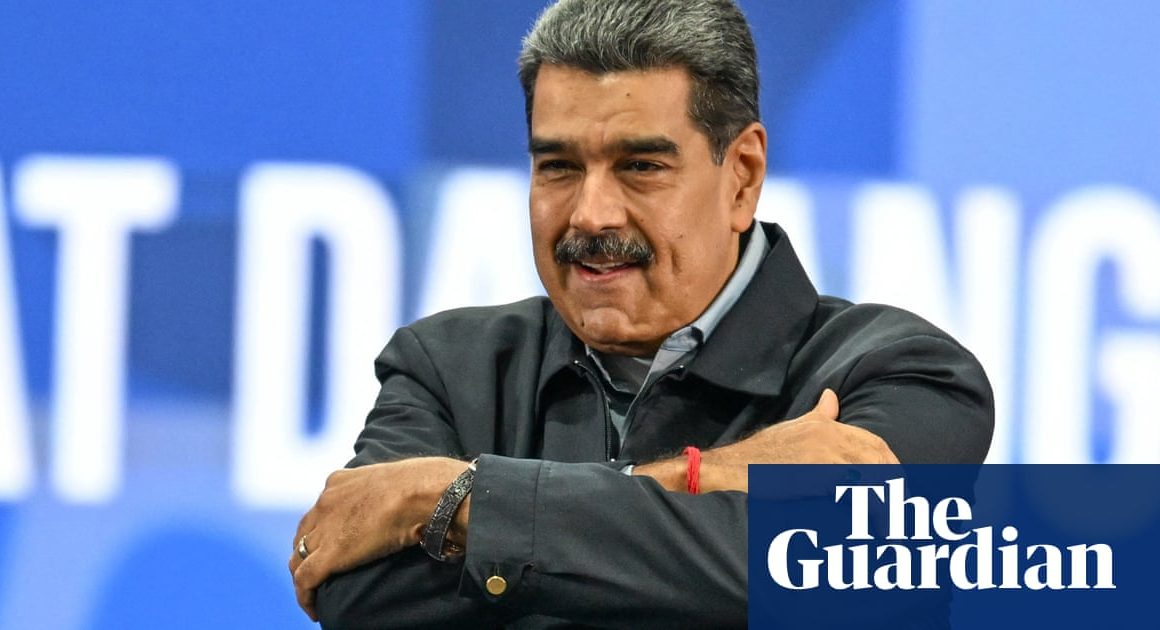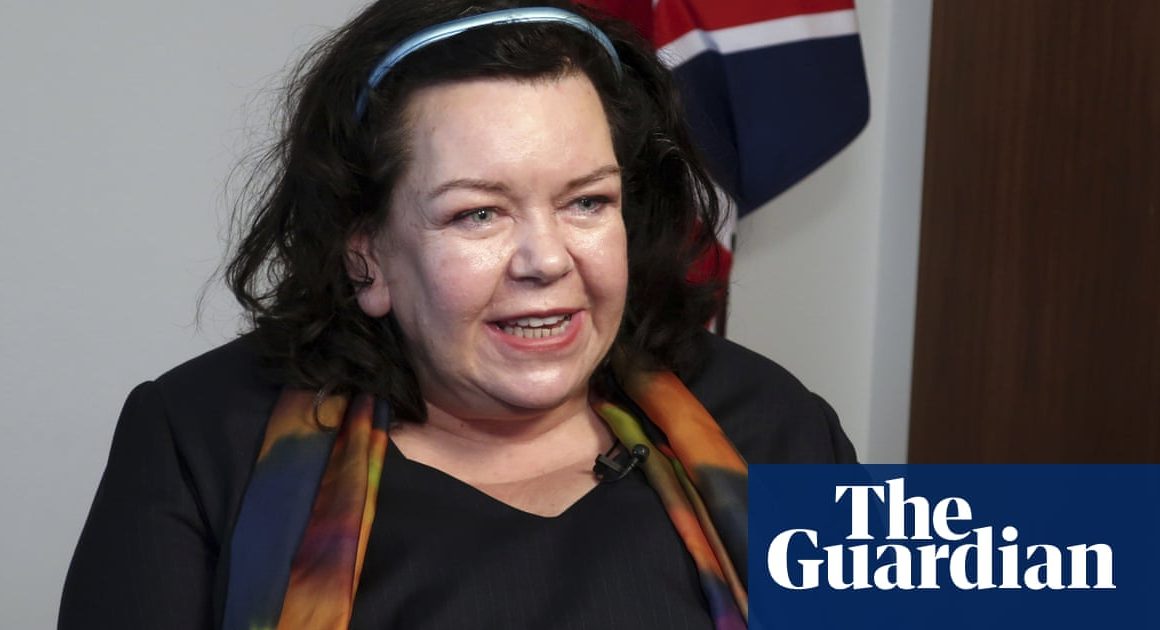Joe Biden said on Tuesday that his administration was “working that out now” when asked if the US would lift restrictions on Ukraine’s use of long-range weapons against Russia. Newspaper reports in the UK said that Antony Blinken, the US secretary of state, would discuss the issue with the Ukrainian president, Volodymyr Zelenskiy, when he visits Ukraine today in the company of David Lammy, the UK foreign secretary.
Britain and France build and supply Storm Shadow and Scalp-EG cruise missiles to Ukraine, but it is has become apparent that US technology is also involved and Washington has held back from approving that technology’s use for strikes inside Russian territory. Keir Starmer, the UK prime minister, is due to meet with Biden in Washington on Friday.
The apparent rethink comes after the UK said on Tuesday it had started terminating “all direct air services between the UK and Iran” as part of sanctions imposed on Tehran for supplying Russia with missiles to use in Ukraine. London said it was acting alongside international partners to “cancel its bilateral air services arrangements with Iran”, which would “restrict Iran Air’s ability to fly into the UK”.
The US secretary of state, Antony Blinken, said that Russia had received ballistic missiles from Iran and would likely use them in Ukraine within weeks. The White House national security spokesperson, John Kirby, said: “The supply of these Iranian missiles, which have a maximum range of about 75 miles, could allow Russia to use more of its arsenal for targets beyond the frontline while employing Iranian warheads for closer-range targets.”
Germany and France also said they would apply new sanctions on Iran, including measures against Iran Air and the cancellation of bilateral air services agreements. The UK said it was joining the US in sanctioning individuals and organisations facilitating Iran’s military support to Russia, including those involved in ballistic missile and drone supply chains. Several Russian organisations were also sanctioned for “their intent to use the weapons systems” against Ukraine, as well as five Russian cargo ships involved in transporting military supplies from Iran to Russia. Iran called the reports of weapons transfers to Russia “ugly propaganda”.
Russia said on Tuesday its forces had advanced by 1,000 sq km (390 sq miles) in eastern Ukraine in August and September. The Russian security council secretary, Sergei Shoigu, said Russian forces were increasing the pace of their offensive in Donbas. Volodymyr Zelenskiy has praised Ukrainian troops for holding their positions in the two most difficult sectors in the east: Pokrovsk and Kurakhove.
The Institute for the Study of War said Russian forces regained some positions on Monday as the Ukrainian occupation continues in Kursk oblast. In Ukraine, Russian forces advanced on the Kupyansk-Svatove line, near Siversk; near Pokrovsk; and south-west of Donetsk City; while Ukrainian forces regained positions near Siversk. “Positional engagements continued in western Zaporizhia oblast on September 9, but there were no confirmed changes to the frontline,” said the ISW. In Ukraine’s north-east, fighting continued north and north-east of Kharkiv city but there were no confirmed changes to the frontline.
Ukraine’s prosecutor general, Andriy Kostin, said on Tuesday that Kyiv suspected a senior Russian air force commander of ordering a missile strike on the Okhmatdyt children’s hospital in central Kyiv in July that killed two people and caused extensive damage. Kostin did not name the individual, but said the international criminal court in The Hague had already issued an arrest warrant against him. In March, the court issued a warrant for Lt Gen Sergei Kobylash, saying he was the commander of Russia’s long-range aviation forces and suspected of war crimes including strikes on Ukraine’s energy system.
Ukraine is in the final stages of talks with European partners to increase its power import capacity to 2.2 gigawatts from 1.7 gigawatts, the prime minister, Denys Shmyhal, said on Tuesday. Ukraine is gearing up for a harsh winter by repairing and protecting its power system under attack by Russian forces.
Ukraine wants more than 150 countries to attend a second summit by the end of the year to look at ways of ending the war with Russia, Shmyhal said.
Ukrainian diplomats and activists in Canada have urged the Toronto International film festival (Tiff) to cancel further screenings of a documentary portraying Russian soldiers fighting in Ukraine, claiming it serves as Russian propaganda. Russians At War was filmed by Anastasia Trofimova, a Russian-Canadian who previous worked for the Kremlin propaganda TV network Russia Today. The Ukrainian consul general in Canada, Oleh Nikolenko, said the documentary was “highly crafted Russian propaganda” intended to whitewash Russian war crimes in Ukraine.
Russians at War was funded by the Canada Media Fund, supported in part through government grants. Trofimova said her documentary was not propaganda but instead an “anti-war film made at great risk to all involved, myself especially. I unequivocally believe that Russia’s invasion of Ukraine is unjustified, illegal and acknowledge the validity of the international criminal court investigation of war crimes in Ukraine.”
The Canadian deputy prime minister Chrystia Freeland, herself of Ukrainian descent, also condemned the film and its inclusion in Tiff’s programme. “It’s not right for Canadian public money to be supporting the screening and production of a film like this,” she said. “We have to be really clear that this is a war where there is no moral equivalency. This is a war of Russian aggression.”












